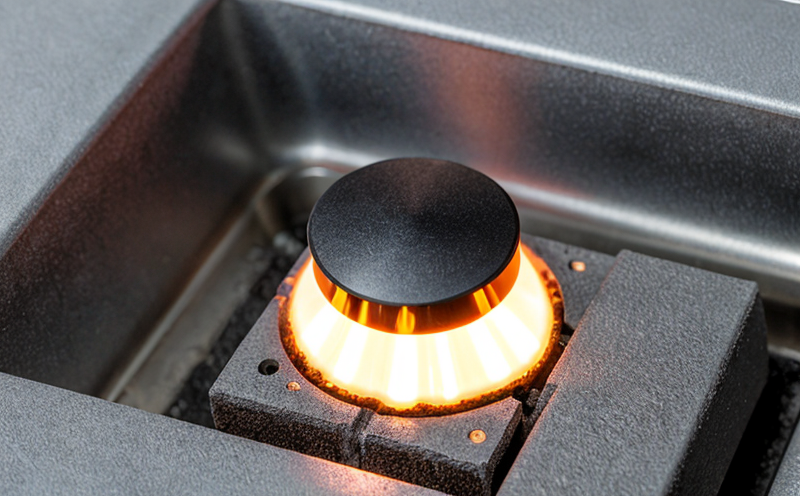Notch sensitivity in materials subjected to thermal cycling
The Hidden Threat to Your Materials Notch Sensitivity in Thermal Cycling
As manufacturers and engineers, you understand the importance of selecting materials that can withstand various environmental conditions. However, thermal cycling a process where materials are repeatedly subjected to high temperatures followed by rapid cooling poses a significant risk to their integrity. One critical factor that can compromise material performance is notch sensitivity. In this article, well delve into the world of notch sensitivity in materials subjected to thermal cycling and explain why its crucial for businesses to prioritize this aspect.
What is Notch Sensitivity in Materials Subjected to Thermal Cycling?
Notch sensitivity refers to a materials susceptibility to cracking or failure when subjected to stress concentrations, such as notches or flaws. When materials are cycled through high temperatures, their internal structure can change, leading to increased notch sensitivity. This phenomenon can result in catastrophic failures, causing costly downtime and damage to equipment.
Why is Notch Sensitivity Essential for Businesses?
Businesses operating in industries where thermal cycling is a common occurrence such as aerospace, automotive, and energy must prioritize material selection and testing to ensure the reliability of their products. Notch sensitivity can lead to
Reduced product lifespan Materials with high notch sensitivity may fail prematurely, resulting in shorter product lifetimes and increased maintenance costs.
Increased risk of accidents Failures due to notch sensitivity can cause equipment damage, putting personnel at risk and leading to costly insurance claims.
Financial losses Material failures can result in significant financial losses due to downtime, repairs, and replacement costs.
The Benefits of Assessing Notch Sensitivity
Evaluating notch sensitivity is essential for material selection and failure prevention. Our laboratory services at Eurolab provide a comprehensive assessment of your materials notch sensitivity, helping you
Optimize material selection Choose the most suitable materials for your applications based on their thermal cycling performance.
Reduce material failures Identify potential weaknesses in your materials and implement corrective measures to minimize failures.
Enhance product reliability Improve the overall reliability of your products by selecting materials that can withstand thermal cycling stresses.
Key Benefits of Notch Sensitivity Testing
Our notch sensitivity testing services at Eurolab provide a range of benefits, including
Comprehensive analysis Our expert technicians use advanced testing equipment to evaluate your materials notch sensitivity under various thermal cycling conditions.
Accurate results Receive precise and reliable data on your materials performance, ensuring informed decision-making for material selection and failure prevention.
Cost-effective solutions Identify potential cost-saving opportunities by selecting the most suitable materials for your applications.
QA Notch Sensitivity in Materials Subjected to Thermal Cycling
Q1 What is the relationship between notch sensitivity and thermal cycling?
A Notch sensitivity can increase significantly when materials are subjected to thermal cycling, leading to a higher risk of material failure.
Q2 How do I determine if my materials are susceptible to notch sensitivity?
A Our laboratory services at Eurolab provide comprehensive notch sensitivity testing, helping you identify potential weaknesses in your materials.
Q3 Can notch sensitivity be prevented or mitigated?
A While its challenging to eliminate notch sensitivity entirely, our expert technicians can help you optimize material selection and implementation of corrective measures to minimize failures.
Conclusion
Notch sensitivity in materials subjected to thermal cycling is a critical factor that can compromise product performance and reliability. By understanding the risks associated with this phenomenon and assessing your materials notch sensitivity, you can
Optimize material selection Choose the most suitable materials for your applications based on their thermal cycling performance.
Reduce material failures Identify potential weaknesses in your materials and implement corrective measures to minimize failures.
Enhance product reliability Improve the overall reliability of your products by selecting materials that can withstand thermal cycling stresses.
At Eurolab, were committed to providing expert laboratory services that help businesses like yours overcome challenges related to notch sensitivity. Contact us today to learn more about our comprehensive testing solutions and how we can assist you in ensuring the integrity of your materials.




